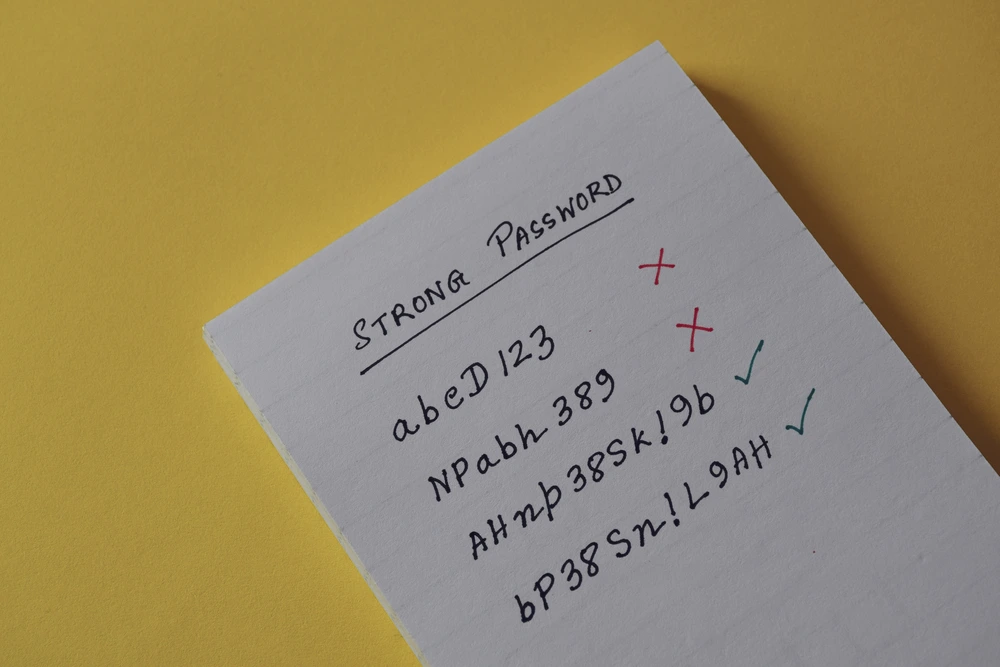Strong Passwords Are Essential in Today’s Digital Environment
Strong Passwords Are Essential in Today’s Digital Environment
Nowadays, solid online security is essential as tech impacts our daily lives. Creating robust, unique passwords is one straightforward way to boost your cyber safety. In this post, we’ll chat about why hard-hitting passwords matter and give some tips to make and keep them.
What Is a Strong Password?
A strong password is one that is challenging for other people to figure out or decipher. Usually, it consists of a mix of special characters, digits, and capital and lowercase letters. A strong password is one that is extensive, complicated, and specific to each of your internet accounts.
The Threats: Common Password Attacks
- Using brute force: Attackers try every possible combination of passwords using automated methods to systematically guess passwords. These attacks can be stopped by employing account lockout restrictions and creating complex passwords.
- Dictionary-Based Attack: Attackers attempt well-known terms, expressions, or widely used passwords. This kind of attack is less likely to succeed with a password that contains unique, non-dictionary terms.
- Rainbow Table Attack: To locate matches with the target password, attackers employ precomputed lists of hashed passwords. This kind of attack can be avoided by using salts in conjunction with a strong password.
- Social Engineering Attack: This involves forcing people into disclosing their passwords. Prevention requires vigilance and familiarity with social engineering methods.
- Credential Stuffing Attack: Attackers obtain access to several accounts by using stolen or publicly available username and password combinations. Reuse passwords sparingly and think about using a password manager.
Tips for Creating Strong Passwords

- Alternate between capital and lowercase letters, digits, and special characters.
- Use a minimum of 12 to 16 characters in your passwords.
- Steer clear of guessable information such as names, birthdays, or everyday words.
- Make sure every online account has a different password.
- Consider creating passphrase-style passwords by joining together arbitrary terms or creating acronyms that stand for catchy phrases.
Managing Passwords
- Keeping Track of Passwords: To create, store, and automatically fill in complex passwords, use a password manager.
- Whenever feasible, activate multi-factor authentication (MFA) to add an extra degree of protection.
- Change passwords frequently, particularly for important accounts.
- Teach your loved ones or group of friends the value of using secure passwords.
When it comes to safeguarding your digital life in a world where cyber threats are always changing, start with the fundamentals. Your first line of protection against a variety of online risks is a strong password. By adhering to these recommended procedures and remaining up to date with the most recent security developments, you can drastically lower your vulnerability to password-related attacks and protect your online identity. Always keep in mind that creating a secure password now can prevent a digital headache later.
